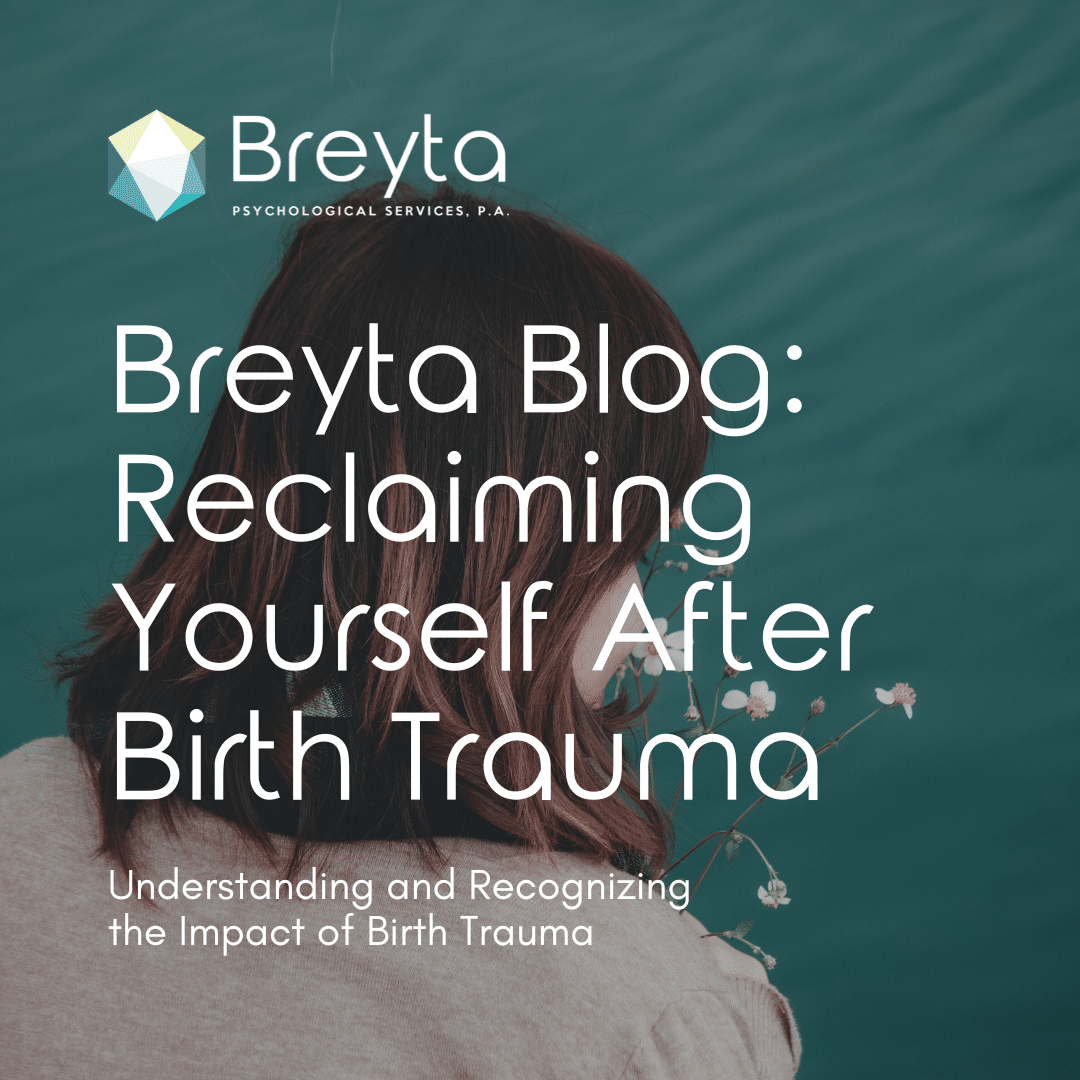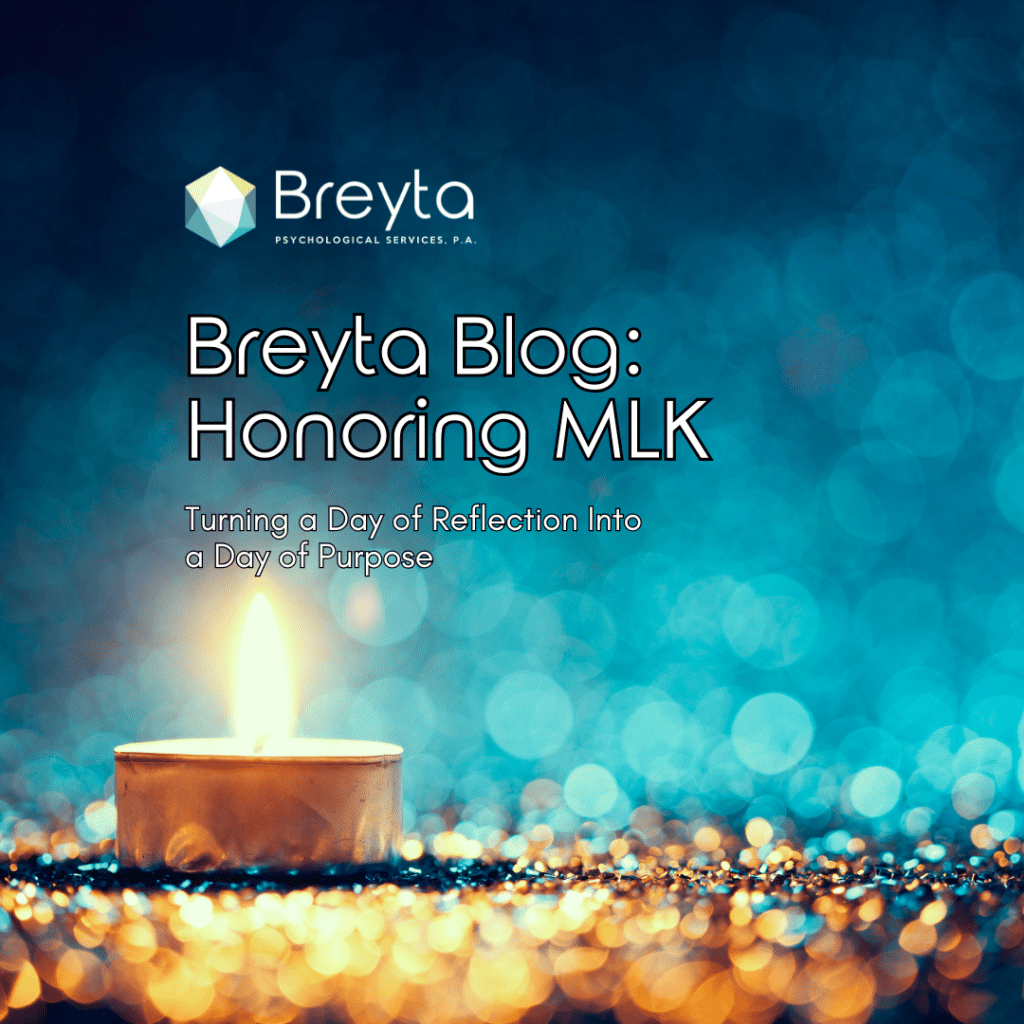by Vanessa H. Roddenberry, Ph.D.
Introduction: The Duality of Motherhood
To the lonely, tearful parent up late with your baby, feeling overwhelmed and wondering why you’re so upset, I want you to know that you are not alone. The feelings you are experiencing are valid, and there is hope for healing.
Childbirth is often portrayed as a joyful and fulfilling experience, but the reality can be much more complex. Birth trauma is a real and serious issue that affects many women and birthing persons. It occurs when the experience of giving birth is so distressing that it leaves deep emotional scars. This trauma can stem from various factors, such as severe physical pain, fear for your baby’s health, feeling out of control, or experiencing a lack of support and communication from healthcare providers.
You might be feeling a range of emotions—sadness, anger, confusion, or even rage. These feelings are normal responses to a traumatic event. Your body and mind went through an incredibly intense experience, and it’s okay to feel the way you do. It’s important to recognize that birth trauma is not your fault. You did nothing wrong.
Right now, it may seem like the nights are endless, and the days are filled with a fog of exhaustion and emotion. But please know that this is not a permanent state. There is another side to this experience, and you will not feel this way forever. Healing from birth trauma is possible, and there are steps you can take to start feeling better.
First, acknowledge your feelings without judgment. It’s okay to feel upset, angry, or sad. Give yourself permission to grieve the birth experience you hoped for but didn’t have. Reach out for support—whether it’s talking to a trusted friend, family member, or a mental health professional who understands birth trauma.
The Awe and Trauma of Childbirth
The experience of childbirth itself can be both awe-inspiring and traumatic. Many women endure severe physical pain, coupled with fears for their baby’s health and life. Additionally, the experience is often marred by inadequate communication from healthcare providers and a lack of control over the process. This lack of agency, combined with feelings of being dismissed or not fully participating in their own care, can leave deep psychological scars. These scars are especially profound in Black women and other women of color, who face systemic disparities and risks in maternal healthcare.
The Societal Narrative and Cognitive Dissonance
For many, the societal narrative around childbirth and motherhood centers heavily on joy and fulfillment, often sidelining the real and raw challenges involved. This narrative can create cognitive dissonance in new mothers, who might feel pressured to focus solely on the positive aspects of their experience, even when grappling with intense physical and emotional recovery. The expectation to feel only joy can overshadow the reality of postpartum life, where days are demanding and nights are relentlessly long.
Recognizing the Trauma in Childbirth
It’s understandable, then, that many women do not recognize their experiences as traumatic, especially given a medical establishment that has historically minimized their pain and concerns. Women have been socialized to rationalize and accept immense physical and emotional burdens as part of their role. This cultural conditioning, steeped in years of endurance and silent suffering, has contributed to a widespread underrecognition of the trauma associated with childbirth and motherhood.
A New Era of Trauma-Informed Care
However, we stand at the cusp of a new era, one where the tide of women’s health and trauma recovery is changing. Women no longer need to suffer in silence or drift alone in dark waters. The emergence of trauma-informed care in perinatal mental health is a significant step forward. This approach is not just about treating symptoms; it’s about asking, “what happened to you?” rather than “what’s wrong with you?” It’s about understanding the vast impact of trauma and integrating this understanding into all aspects of care and support.
Pathways to Healing and Recovery
This approach in mental health care acknowledges the magnitude of the birthing experience and offers a pathway for healing and recovery. It provides a space where new mothers can express and process their experiences without judgment, where they can find support in navigating the complexities of postpartum life. It’s a recognition that the journey into motherhood, with all its joy and pain, needs to be met with empathy, understanding, and evidence-based care.
Empowering Women Through Support and Understanding
In this new era, the focus is on empowering women and birthing persons to recognize their experiences, to vocalize their needs, and to seek support when needed. It’s about changing the narrative around childbirth and motherhood, recognizing both its beauty and its challenges, and ensuring that every woman has the support she needs to thrive, not just survive, in her journey.
Conclusion: Changing the Tide of Women’s Health
For more detailed insights into the importance of trauma-informed care in the context of childbirth and women’s health, and the experiences of women in childbirth, you can explore these sources on birth trauma and maternal mental health.
- The Birth Trauma Association: https://www.birthtraumaassociation.org/
- Make Birth Better: https://www.makebirthbetter.org/free-resources
- Postpartum Support International (PSI): https://www.postpartum.net
At Breyta Psychological Services, we are committed to providing timely, effective care for those who have experienced birth trauma. We believe that there is hope, and recovery is possible. Our trauma-informed approach ensures that every woman receives the compassionate, expert care she deserves during this significant life transition. Together, we can change the tide of women’s health and trauma recovery, ensuring no one has to navigate these waters alone.
Trigger Warning: The following content includes descriptions of traumatic events that may be distressing to read. However, we include them because they are real experiences that happen to real people all the time. By sharing these stories, we aim to normalize the conversation around these events, emphasize that there is no shame in experiencing them, and underscore the importance of educating each other about the many forms of trauma. Naming your experience as trauma allows you to build compassion for yourself and your experience. There’s a reason why it has been difficult, but there is a way forward. Some of these events may be things you think of as clear traumatic events. However, there are many things that are indeed traumatic that society invalidates by deeming “just part of birth”.
Birth trauma can manifest in various ways, affecting mothers, babies, and families in both physical and psychological aspects. Here are some examples of birth trauma:
Physical Trauma
- Emergency C-Section: A sudden, unexpected C-section due to complications, leading to feelings of fear, loss of control, and physical pain.
- Severe Tearing: Significant perineal tearing during delivery, resulting in ongoing pain, difficulty with healing, and impacts on daily activities and intimacy.
- Instrumental Delivery: Use of forceps or vacuum extraction causing injuries to the baby or mother, leading to feelings of helplessness and concern for the baby’s wellbeing.
- Prolonged Labor: Labor lasting for many hours or even days, causing extreme exhaustion, physical pain, and sometimes medical interventions that are traumatic.
- Postpartum Hemorrhage: Severe bleeding after birth, leading to life-threatening situations, emergency interventions, and extended hospital stays.
- Neonatal Intensive Care Unit (NICU) Admission: Baby being taken to the NICU due to complications, leading to separation anxiety, stress, and fear for the baby’s health.
Psychological Trauma
- Lack of Emotional Support: Feeling abandoned or unsupported by healthcare providers or loved ones during labor and delivery, leading to feelings of isolation and fear.
- Inadequate Pain Relief: Experiencing severe pain due to ineffective pain management, causing extreme distress and lasting memories of suffering.
- Loss of Control: Feeling powerless or ignored during decision-making processes, such as being pressured into interventions without fully understanding or consenting.
- Negative Interactions with Medical Staff: Experiencing dismissive, rude, or insensitive behavior from healthcare providers, leading to feelings of dehumanization and lack of dignity.
- Unplanned Medical Interventions: Sudden medical interventions that were not part of the birth plan, causing fear, confusion, and a sense of loss of the birth experience.
- Perception of Baby’s Distress: Witnessing the baby in apparent distress or having difficulty during birth, leading to intense fear and helplessness.
Obstetric Violence
- Coercion and Consent Violations: Being coerced into medical procedures without proper informed consent, such as forced C-sections or episiotomies.
- Verbal Abuse: Enduring demeaning or abusive language from healthcare providers during labor, causing psychological harm and feelings of humiliation.
- Physical Restraint: Being physically restrained during labor without medical necessity, leading to feelings of powerlessness and fear.
- Non-Consensual Procedures: Undergoing procedures such as membrane stripping or vaginal exams without consent, causing physical and emotional distress.
- Ignoring Pain and Distress: Healthcare providers dismissing or minimizing reports of pain or distress, leading to feelings of neglect and abandonment.
- Discrimination: Experiencing discriminatory practices or attitudes based on race, ethnicity, socioeconomic status, or other factors, exacerbating feelings of trauma and marginalization.
Infant Loss or Death
- Stillbirth: Delivering a baby who has died in the womb, causing profound grief, trauma, and a sense of loss.
- Neonatal Death: Losing a baby shortly after birth due to complications or medical issues, leading to intense sorrow and trauma.
- Severe Complications Leading to Death: Witnessing the deterioration and eventual death of a newborn due to severe medical complications, causing lasting emotional trauma.
Resuscitation of a Parent
- Maternal Resuscitation: Experiencing or witnessing the resuscitation of a mother due to life-threatening complications during or after childbirth, leading to severe psychological trauma for both the mother and family members.
- Near-Death Experiences: The mother experiencing a near-death event during childbirth, resulting in lasting fear, anxiety, and trauma.
Recognizing the various forms of birth trauma is the first step in understanding its profound impact. These traumatic events can leave lasting scars, both physical and emotional, affecting not only the mothers but also their families. As we delve into the emotional impact and long-term effects of birth trauma, it’s crucial to acknowledge how these experiences manifest in daily life and the broader sociocultural factors that exacerbate these challenges. By examining the symptoms and underlying causes, we can better appreciate the necessity of trauma-informed care and the importance of supportive, empathetic responses to these experiences.
Emotional Impact and Long-Term Effects
- Post-Traumatic Stress Disorder (PTSD): Developing PTSD symptoms such as flashbacks, nightmares, hypervigilance, irritability, and avoidance behaviors related to the traumatic birth experience.
- Bonding Difficulties: Struggling to bond with the baby due to overwhelming feelings of trauma, guilt, or anxiety.
- Fear of Future Births: Intense fear or anxiety about future pregnancies and births, potentially leading to avoidance of having more children.
- Postpartum Depression and Anxiety: Developing mood disorders as a result of the traumatic birth, affecting overall mental health and well-being.
- Relationship Strain: Experiencing strain in relationships with partners or family members due to the stress and emotional fallout from the traumatic birth.
Sociocultural and Systemic Factors
- Racial Disparities in Care: Women of color experiencing higher rates of birth trauma due to systemic biases, lack of culturally competent care, and disparities in treatment.
- Societal Expectations and Stigma: Societal pressure to have a “perfect” birth experience and the stigma around discussing negative birth experiences, leading to feelings of shame and isolation.
- Healthcare System Failures: Systemic issues such as understaffed facilities, lack of resources, and procedural shortcomings contributing to traumatic birth experiences.
Understanding the emotional impact and long-term effects of birth trauma highlights the significant challenges faced by many mothers. However, it’s essential to recognize that despite these difficulties, there are paths to healing and recovery. By exploring avenues of resilience and recovery, we can offer hope and illustrate the power of support, therapy, and advocacy in overcoming birth trauma. You aren’t the first to walk these paths and you won’t be the last. These pathways serve as a testament to the strength and determination of mothers who have navigated these challenging experiences and found ways to heal and thrive.
Pathways of Recovery
- Support Groups: Joining support groups for mothers and birthing parents who have experienced birth trauma, providing a safe space to share experiences and find solidarity.
- Therapy and Counseling: Seeking professional help from therapists specializing in evidence-based therapy for trauma to process the experience and develop coping strategies.
- Advocacy and Education: Becoming an advocate for better maternal healthcare and educating others about birth trauma to promote awareness and change.
- Reconnecting with the Birth Experience: Participating in healing activities like birth story sharing, art therapy, or writing to reframe and find meaning in the experience.
Conclusion
Each of these examples highlights the importance of trauma-informed care in supporting mothers and birthing persons through and after the birth process. At Breyta Psychological Services, we understand the profound impact birth trauma can have and are committed to providing compassionate, expert care to help parents heal and thrive. The journey into parenthood, with all its joy and pain, deserves to be met with empathy, understanding, and evidence-based care. We’re here to help change the tide of women’s health and trauma recovery, ensuring that no one has to navigate these waters alone. You matter and your story matters.
Reach out to us today to learn more about our services and schedule your complimentary consultation call. Our caring psychologists are ready to listen. Call (919) 245-7791 x5 or email [email protected].





